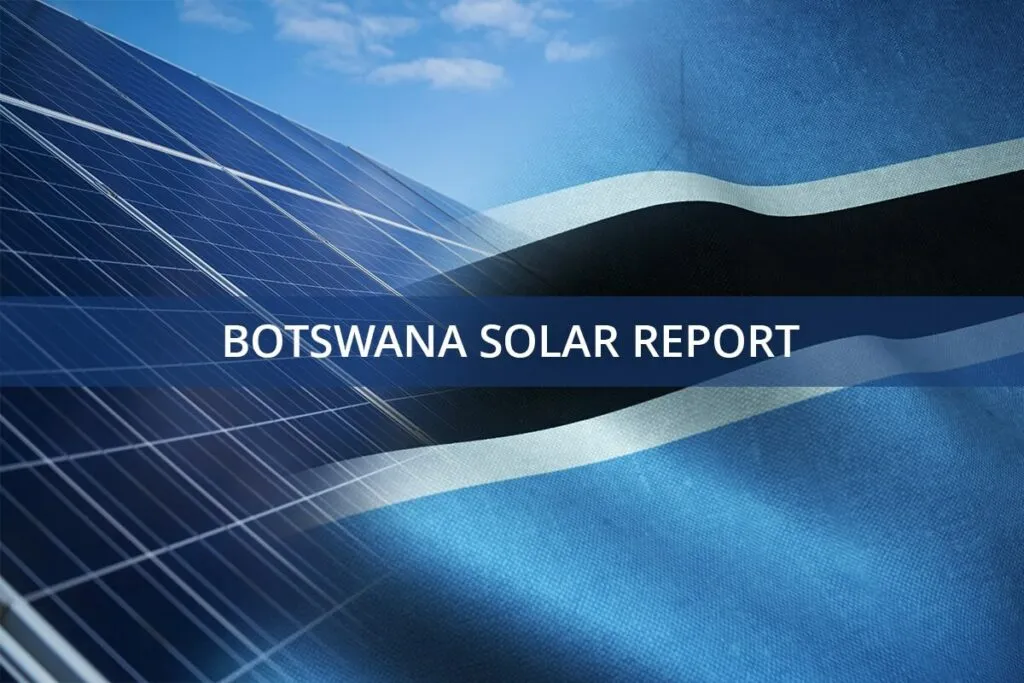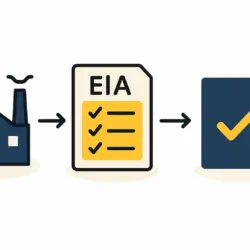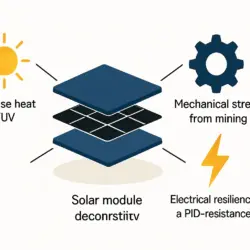Solar energy project Botswana: Solar for 17 initiative
The United Nations office in Botswana has launched a groundbreaking initiative, “Solar for 17,” aimed at reducing carbon emissions and promoting sustainable development. This project is part of the UN’s broader effort to address climate change and advance the Sustainable Development Goals (SDGs).
Inspired by the UN’s goal of achieving net-zero carbon emissions by 2050, the UN office in Botswana is leading by example, demonstrating how solar energy can significantly reduce carbon emissions while supporting the SDGs. The project involves installing solar panels at the UN House in Gaborone, which houses several UN agencies, including UNICEF, UNFPA, FAO, UNHCR, UNAIDS, and WHO.
Beyond reducing carbon emissions, Solar for 17 also aims to raise awareness about the potential of solar energy in Botswana. The initiative draws support from various stakeholders, including the government, private sector, civil society, and development partners. The project aligns with the UN’s global commitment to promoting renewable energy and reducing reliance on fossil fuels.
Impact of the Solar energy project Botswana on national development
The Solar for 17 initiative is set to have a significant impact on Botswana’s energy landscape. By demonstrating the benefits of solar energy, the project encourages other organizations and individuals to adopt similar practices. With its abundant solar resources, Botswana is an ideal location for such energy projects.
The UN office in Botswana is already seeing positive results from the Solar for 17 initiative. Installing solar panels at the UN House has reduced the organization’s reliance on the national grid and decreased its carbon footprint.
The project has also generated significant cost savings, which can now be redirected towards other development initiatives in the country.
Solar for 17 is part of a wider effort by the UN to promote sustainable development in Botswana. It also aligns with the country’s Vision 2036, which aims to transform Botswana into a high-income country. Renewable energy is a key component of this vision, supporting economic growth while reducing environmental impact.
Global significance of the Solar energy project Botswana
The Solar for 17 initiative has global implications, highlighting the critical role of renewable energy in achieving the SDGs. As a clean, renewable, and abundant resource, solar energy can help countries reduce their carbon emissions and achieve energy independence. The UN’s commitment to this technology is part of its broader strategy to combat climate change and promote sustainable development.
Solar for 17 also serves as a model for other countries and organizations looking to reduce their carbon emissions. By adopting solar energy, the UN office in Botswana demonstrates that renewable energy is not only viable but also cost-effective. The initiative underscores how solar power can be a key driver of sustainable development, coupling economic growth with environmental protection.
Future outlook for the Solar energy project Botswana
The Solar for 17 initiative is just the beginning of the UN’s efforts to promote renewable energy in Botswana. The UN office plans to expand the project to other regions of the country, aiming to make solar energy more accessible to all. This expansion will rely on strong partnerships with local communities, the private sector, and the government.
The success of Solar for 17 has already inspired other organizations in Botswana to consider adopting solar energy. The project shows that solar power is not only environmentally friendly but also economically viable. As more organizations and individuals embrace solar energy, Botswana is poised to see a significant reduction in its carbon emissions.
A powerful example of how renewable energy can be used to achieve the SDGs, the Solar for 17 initiative is a testament to the UN’s commitment to sustainable development and its leadership in the fight against climate change. The project has already made a positive impact in Botswana and holds the potential to inspire similar initiatives around the world.
Solar for 17 proves that solar energy is not just a solution for the future—it is a solution for today. As the world continues to grapple with the effects of climate change, initiatives like this offer hope and inspiration for a greener, more sustainable future.



